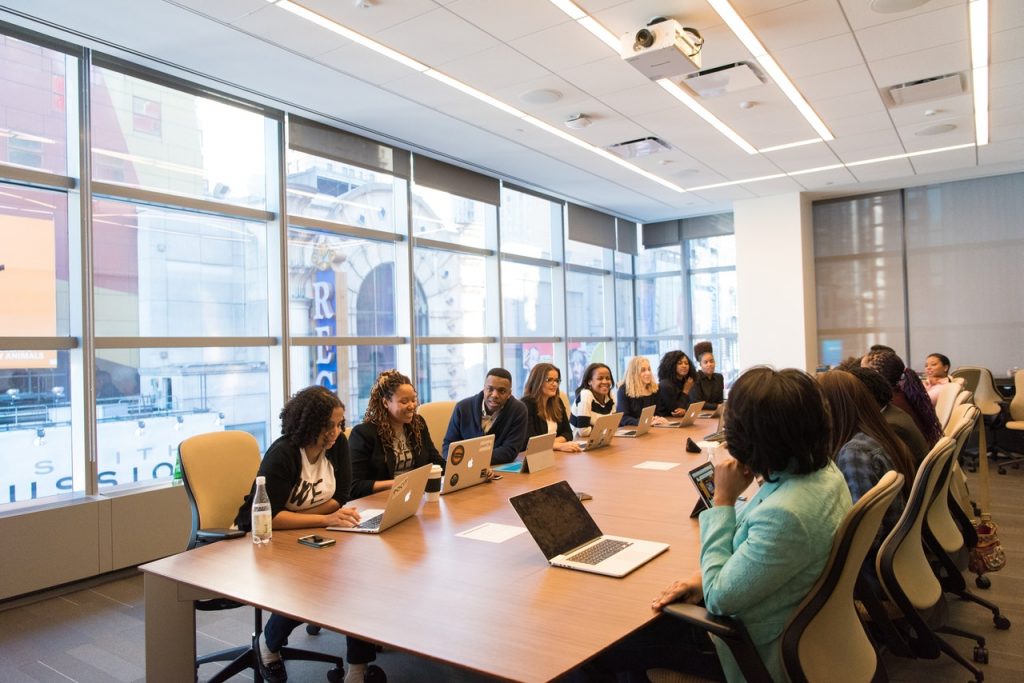Upcoming Conferences
Call for papers for the 1st “Talking public health around the world” conference, 21-22 February 2023
Keynote:
Abstract Due Date: 22 January 2023
RegisterThis conference brings together academics, clinicians, practitioners and others from a wide variety of fields, for a collaborative, multidisciplinary exploration of the ways in which the pandemic has impacted public health and healthcare communication. All abstracts are peer-reviewed. Themes and issues for the conference include, but are not limited to:
Stream A: Public health and the pandemic
Educating and empowering the public is a significant challenge, in response to Covid-19. This includes the promotion of healthy lifestyles under lockdown, support for the work of heath agencies, and the optimal prevention strategies. What communication strategies can health authorities used to inform the public, and what difficulties do clinicians, practitioners and policy-makers face, when implementing these strategies? How has the pandemic impacted handling other health problems and hazards? How do local and national contexts shape education. interventions and policy initiatives? Digital methods of monitoring community health problems, and compliance vary: how do we encourage compliance and ensure privacy? How should we define effectiveness, and cost effectiveness? In light of what we have learned already from the pandemic, what heeds to change, in terms of foci, strategies and implementation? What are we neglecting?
Stream B: Language and communication in the pandemic
Covid-19 has been written about in the media, impacted popular culture, given rise to plague dramas in television and other media, and revolutionised communication across workplaces and everyday life. We invite papers in any area of linguistics, applied linguistics and communocation, exploring how pandemic realities have impacted and changed how we use language, and how we communicate given the constraints and challenges of handling the pandemic. We welcome experience narratives from people in any profession or role, recounting what this experience was like. What were the problems? What were the communication issues? For more information on putting together an experience narraitve, please see here. (link to our FAQ section)
Stream C: Communication in clinical settings
Communication plays a critical role in clinical and hospital care. It enables and underwrites the quality of patient care. Effective communication is a significant element of patient safety, where ineffective communication is a main cause of poor patient health outcomes, and communication errors are a main cause of critical incidents. What are the communication issues, in emergency and acute care? What roles and function does communication have in end-of-life care? What are the complexities of communication in handover situations? What are the variants and issues for communication in different cultures and contexts? How can we address these problems, educate and train practitioners, and ensure better communication in clinical settings? We welcome experience narratives from people in these settings. What was the experience like? What were the problems? What were the communication issues? For more information on putting together an experience narrative, please see here.
Stream D: Data analytics and the pandemic
In order to find out how the pandemic is impacting patients, we are soliciting papers from medical practitioners in all areas. These papers ask use structured interviews, and evaluate the data with sentiment analysis software. Conference participants interested in cooperating with this effort will publish papers in a journal special issue with HEDRA advisory board members. If you are interested in this, please click here.
The conference welcomes abstracts from academics, researcher, caregivers, clinicians and doctors working in any medical field, as well as clinical, hospital and medical administrators, people working in inter-professional fields, medical educators, nurses, pharmacists, physical therapists, psychologists and others. We also welcome experience narratives, case studies, and situation reports from members of the public, people working in any related field, and specialists. For more information on this, please click here. Participants will be able to watch a plenary session, and participate in a live-stream roundtable, and a conference roundtable discussions.
Register
